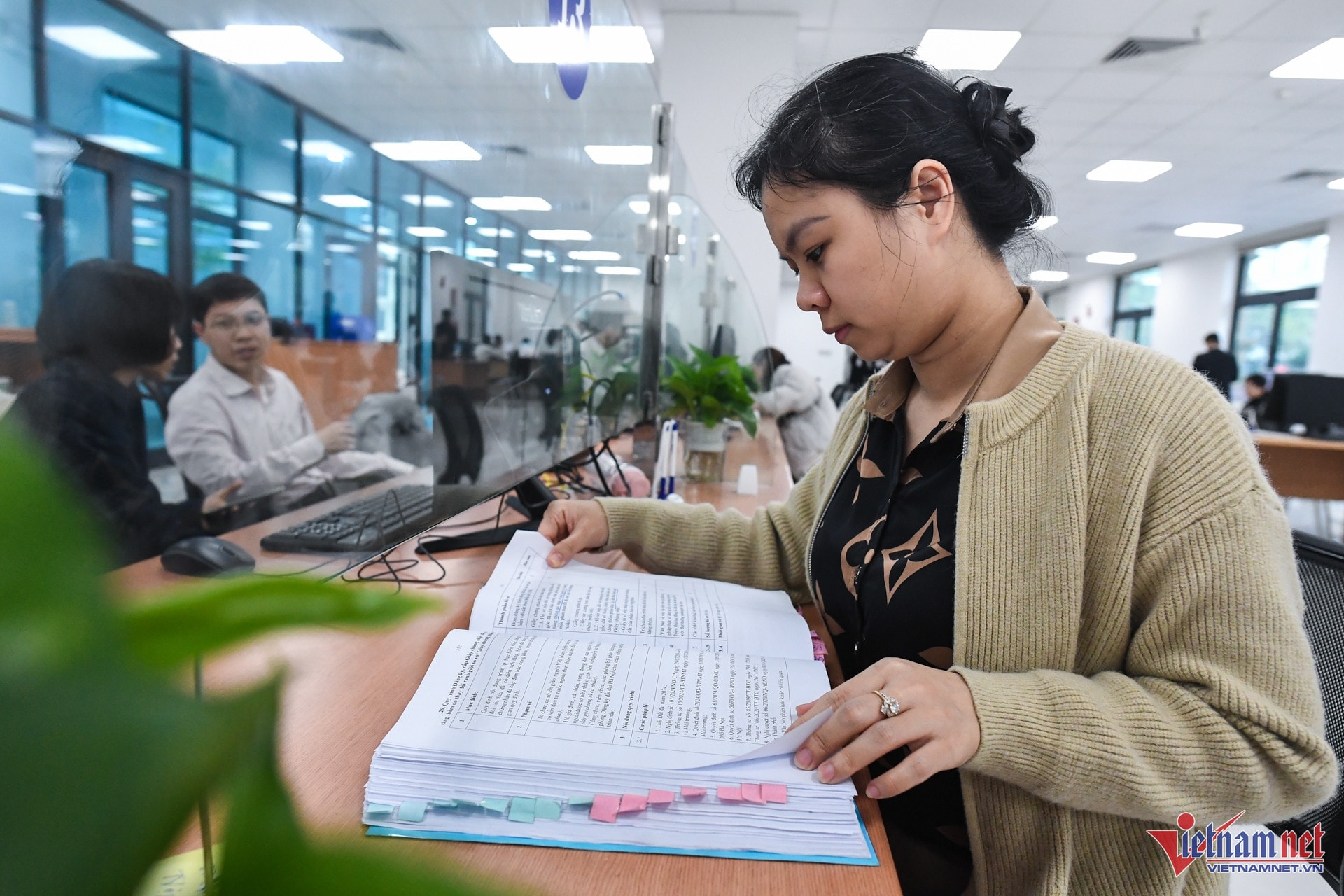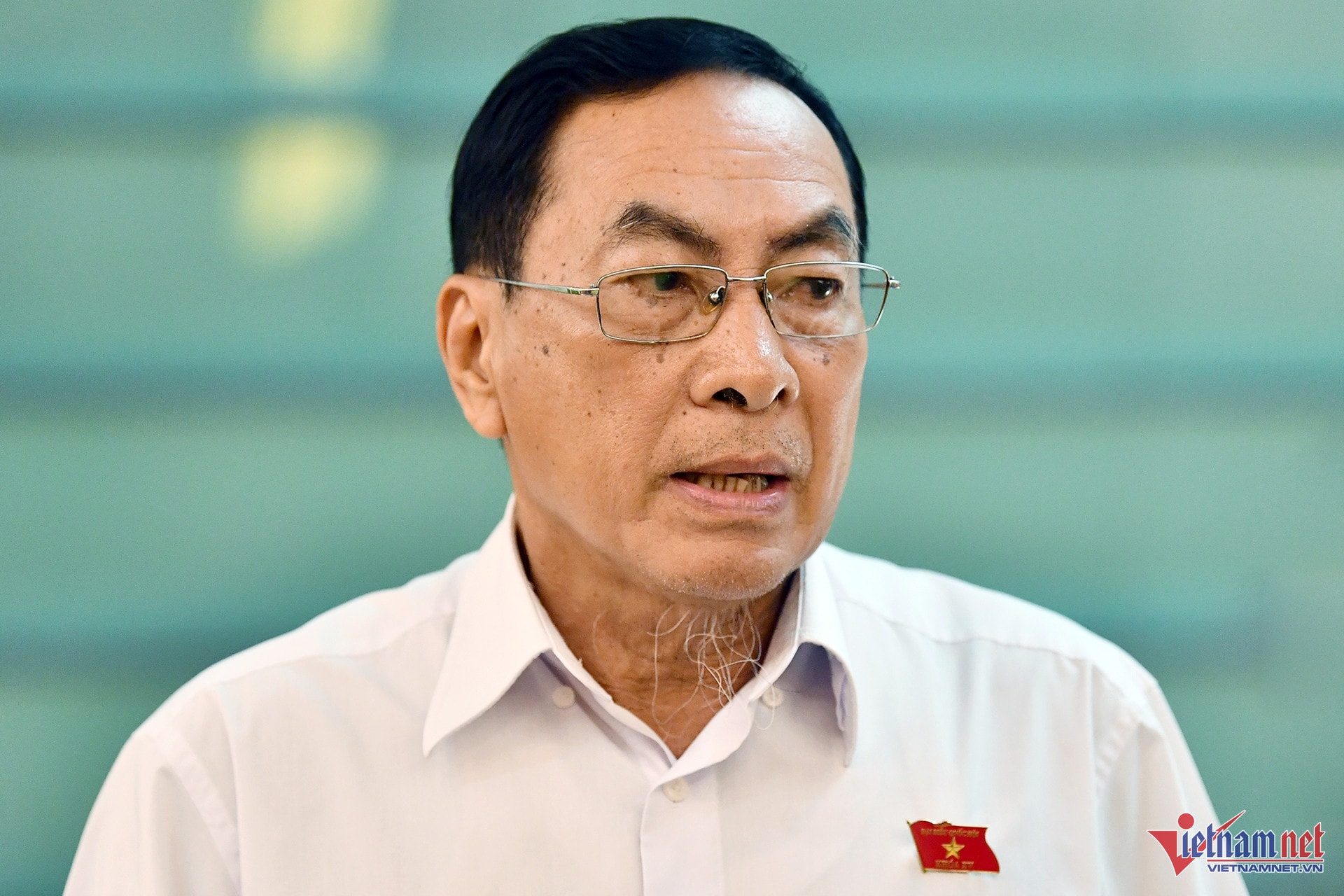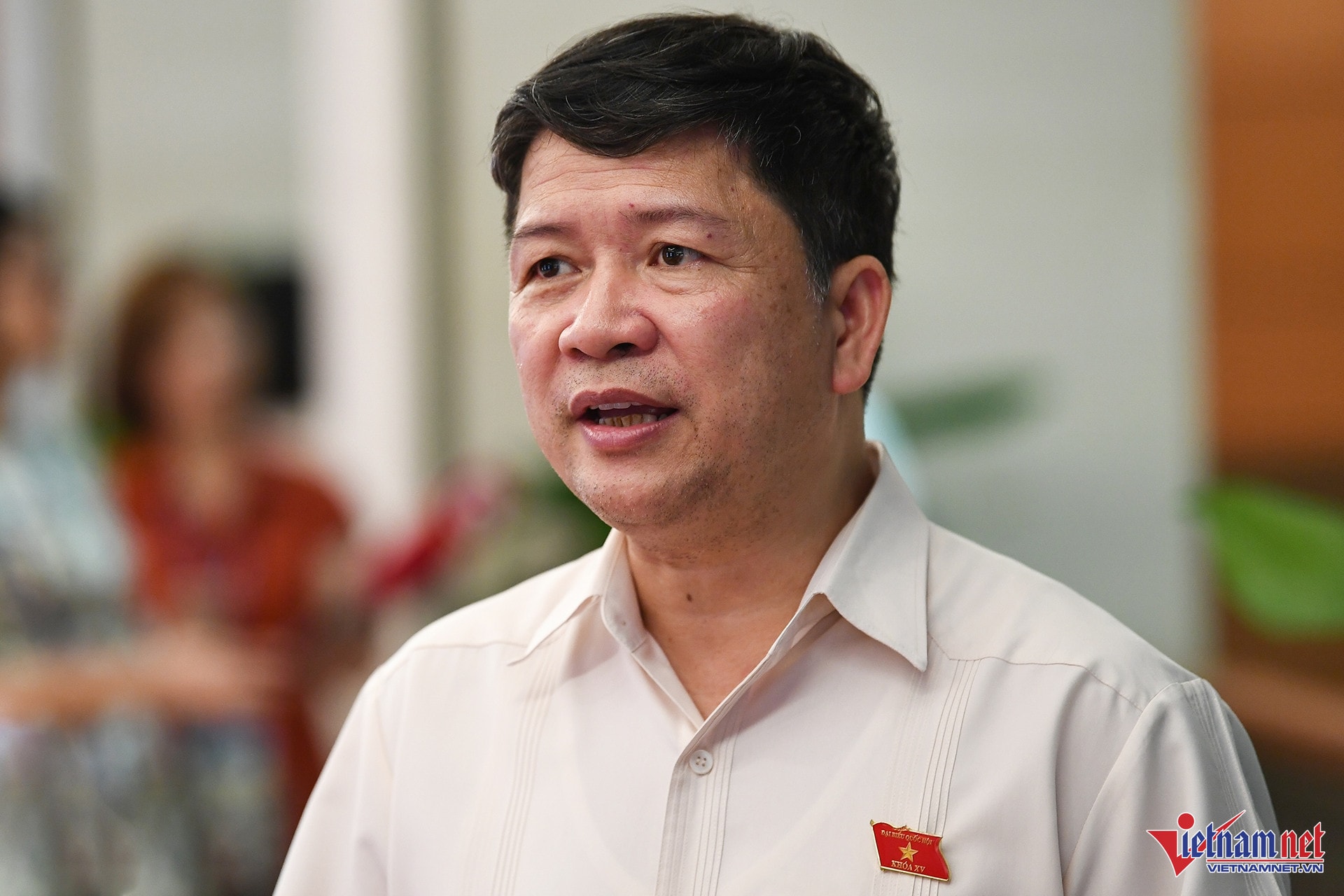When not organizing at the district level, merging communes, if the provincial chairman appoints the chairman, vice chairman and members of the People's Committee of the commune or ward, it requires impartiality and collective leadership capacity of the organization.

When implementing the policy of merging provinces, not organizing district level, merging communes according to the 2-level local government model - provincial level (province, city directly under the Central Government) and grassroots level (commune, ward, special zone on islands), communes and wards will be larger, doing more work.
According to the draft Law on Organization of Local Government (amended), the grassroots level, in addition to undertaking the tasks and powers of the commune-level local government, also receives the current tasks and powers of the district-level local government.
In addition, the provincial level also promotes decentralization and delegation of its tasks and powers to local authorities at the grassroots level to improve the governance capacity of the grassroots level, increase efficiency, effectiveness and efficiency in state management and promote local socio-economic development.
In particular, the provincial level promotes decentralization and authorization to local ward authorities to manage and develop urban areas and urban economy...
Therefore, one of the issues raised when implementing the two-level government model is that the qualifications, capacity, and expertise of the team of commune-level officials and civil servants must be improved.
With the current level, the commune secretary cannot be a member of the provincial party committee.
National Assembly delegate Pham Van Hoa (Dong Thap delegation) said that after abolishing the district level, commune secretaries could be provincial party committee members. However, with their current capacity and qualifications, commune officials and civil servants cannot meet the job requirements of this position.
"Therefore, it is likely that provincial and district officials will be mobilized to become key leaders and provide professional support in communes," Mr. Hoa predicted.

In addition, the delegate of Dong Thap province also said that in the near future, the number of redundant officials and civil servants at provincial, district and commune levels will be very large, requiring screening.
"This is an inevitable requirement in the reform of the organizational apparatus and staffing. The screening process needs to be comprehensive, based on criteria such as ethics, style, qualifications and capacity, thereby retaining a number of qualified staff. For the remaining people, it is possible to consider streamlining the staffing, ensuring appropriate regimes, especially for non-professional staff," Mr. Hoa emphasized.
Meanwhile, National Assembly delegate Ta Van Ha, Vice Chairman of the National Assembly's Committee on Culture and Society, proposed establishing an examination council with clear criteria - from formal qualifications, practical experience to commitment to responsibility - to select officials who "can do the job, dare to think, dare to do".
He emphasized that streamlining the apparatus must retain talented people and avoid wasting capacity. The process must be transparent, tested in practice, and ready to be replaced if it does not meet or is not suitable.
Recently, the Ministry of Home Affairs proposed that after arranging administrative units, the Chairman of the Provincial People's Committee will appoint the Chairman, Vice Chairman and members of the Commune and Ward People's Committees until the new term People's Committee is elected.
Therefore, in order to limit negative issues such as lobbying and seat-keeping, National Assembly delegate Pham Van Hoa stated that "the most important thing is still the impartiality of the top leaders and the collective leadership capacity of the organization in the process of consulting and proposing".
Agreeing with the request to attach responsibility to leaders in selecting officials and civil servants with sufficient ethics, professional capacity and qualifications, delegate Ta Van Ha, Vice Chairman of the National Assembly's Committee on Culture and Society, emphasized: "It is necessary to develop a public and transparent standard for selecting people. If it is called a revolution, there should also be a revolution in selecting, recruiting and using officials so that the right people are in the right jobs."
The core is solid expertise
Mr. Ta Van Ha emphasized that in addition to qualifications, cadres from district to commune level need the ability to understand people, with skills to handle work at the grassroots level.
“Cadres must understand each person, each field, each custom, from village to clan. It is not only about expertise, but also about familiarity with the area and close connection with the people,” the delegate analyzed.

However, according to delegate Pham Van Hoa, adapting to a new job, closer to the people, is not a big challenge if the cadres are "dedicated and have vision".
He commented that, initially, new cadres may not be familiar with the commune, but the key is solid expertise. “The matter of being close to the people and understanding the people will gradually form over time,” he said.
However, the delegate emphasized that moral qualities, qualifications and a high sense of responsibility are the foundation. “With heart and vision, cadres will quickly integrate and bond with the people.”
Mr. Hoa gave an example of the commune police in Sa Dec City being regular, transferred from other places, not locals, but still fully meeting the job requirements.
VN (according to Vietnamnet)